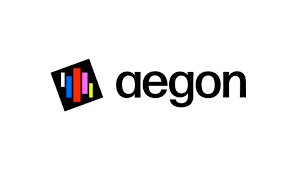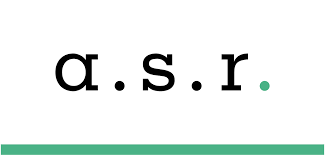Why does IFRS 17 replace IFRS 4?
IFRS standards provide a common accounting language so statements are
comparable across companies and countries. IFRS 4 left too much room
for inconsistency, making it hard to compare insurers to each other
and to other industries. IFRS 17 fixes this by giving users a clearer
view of how insurance contracts affect financial position, performance,
and cash flows.
Read more
Disclosures
IFRS 17 affects balance sheet, income statement, changes in equity,
cash flow statement and explanatory notes. Read more about what
changes per statement and why it matters.
Read more
IFRS 17 model explained
Under IFRS 4, profitability comparisons were blurred by legacy
parameters and by recognising profit before coverage is delivered.
IFRS 17 introduces consistent measurement and makes true profit
drivers visible.
Read more


